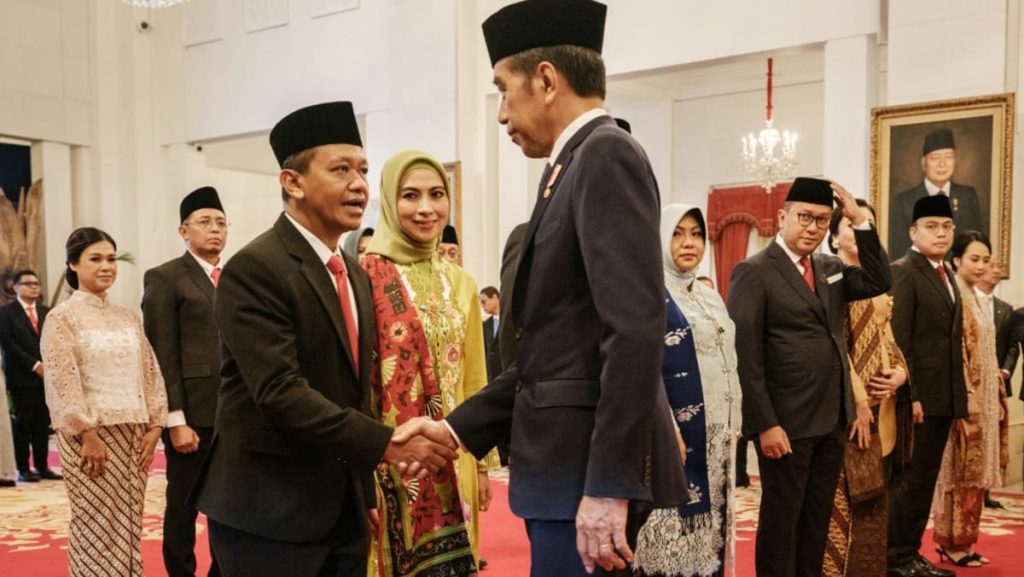Two months before his term ends, President Joko Widodo, also known as Jokowi, has carried out a cabinet reshuffle that has raised questions about its necessity and effectiveness. Observers believe that the short timeframe before the end of Mr Jokowi’s term does not provide enough time for the newly appointed ministers to make a significant impact. Some critics feel that the government should focus on maximizing achievements and performance in the remaining two months instead of making changes.
The Jokowi government has stated that the reshuffle is intended to facilitate a smooth power transition. Presidential Special Staff Coordinator Ari Dwipayana emphasized the need for the reshuffle to support the transition of government operations. However, there are concerns about the continuity of the appointments made by Mr Jokowi once his successor, Prabowo Subianto, takes over. It remains uncertain whether Mr Prabowo will retain the appointed ministers or choose to make further changes based on his own policies and preferences.
Regarding the fate of other PDI-P ministers in Mr Jokowi’s cabinet, there are expectations that they may not be affected by additional changes. The cabinet secretary and other PDI-P ministers are considered to hold less strategic positions compared to the Minister of Law and Human Rights, who was replaced in the recent reshuffle. Some observers believe that the strategic importance of the ministry in resolving party conflicts and affairs contributes to the high interest in holding that position among political parties.
The decision to retain several PDI-P ministers in the cabinet could be part of Mr Jokowi’s strategy to maintain a balance between government stability and potential opposition from the party. As the party with the highest vote share in the legislative elections, PDI-P’s position in the ruling coalition or as opposition will be determined at the upcoming party congress. The response of PDI-P, led by Megawati Soekarnoputri, to the reshuffle remains unclear, and there is speculation about the party’s potential actions in response to the changes.
The reshuffle could impact the dynamics between PDI-P and Mr Jokowi, potentially leading to increased criticism from the party towards the president. With more freedom to express their views and opinions, PDI-P may become more vocal in its critique of Mr Jokowi’s decisions and policies. The changes in the cabinet composition could embolden PDI-P to push for its agenda and priorities with greater assertiveness, potentially influencing the political landscape in the lead-up to the end of Mr Jokowi’s term. The evolving relationship between PDI-P and the government will be closely watched in the coming months as Indonesia prepares for a new chapter in its leadership.


